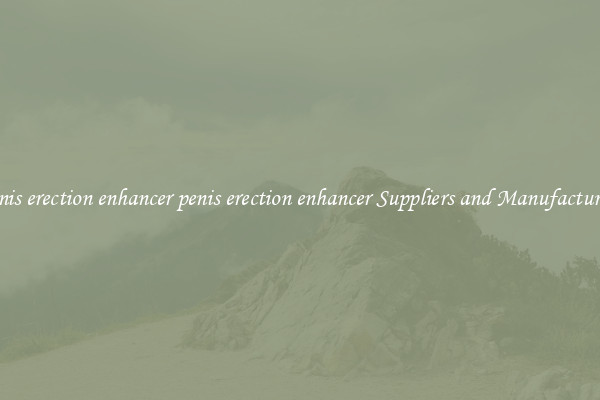Get A Wholesale fish production farm To Reduce Wastage
With the increasing demand for seafood worldwide, the fishing industry continues to grow rapidly. However, with this growth comes a significant amount of wastage in the form of bycatch and unsold fish. One way to reduce this wastage is to invest in a wholesale fish production farm.

A wholesale fish production farm is a fish farming operation that produces seafood on a larger scale for distribution to retailers, restaurants, and other consumers. By having a controlled environment for fish production, these farms can better manage the supply chain and reduce the amount of fish that goes to waste.
One of the main advantages of a wholesale fish production farm is the ability to control the quantity and quality of the fish produced. Unlike traditional fishing methods that result in high levels of bycatch, fish farms can focus on specific species and sizes of fish to meet the demands of consumers. This not only reduces the amount of waste generated but also ensures a consistent supply of high-quality seafood.
Additionally, wholesale fish production farms can also work with retailers and restaurants to determine the exact amount of fish needed, reducing the chances of overproduction and subsequent wastage. By establishing long-term relationships with customers, these farms can better forecast demand and adjust production accordingly.
Furthermore, wholesale fish production farms can also implement sustainable farming practices to further minimize waste. By using recirculating aquaculture systems and implementing waste management solutions, these farms can reduce their environmental impact and ensure the longevity of their operations.
In conclusion, investing in a wholesale fish production farm is a viable solution to reduce wastage in the fishing industry. By controlling the production process, working closely with customers, and implementing sustainable practices, these farms can help minimize the amount of fish that goes to waste and ensure a steady supply of high-quality seafood for consumers. It is time for the fishing industry to embrace this innovative approach to reduce wastage and promote sustainability.

View details

View details

View details

View details







